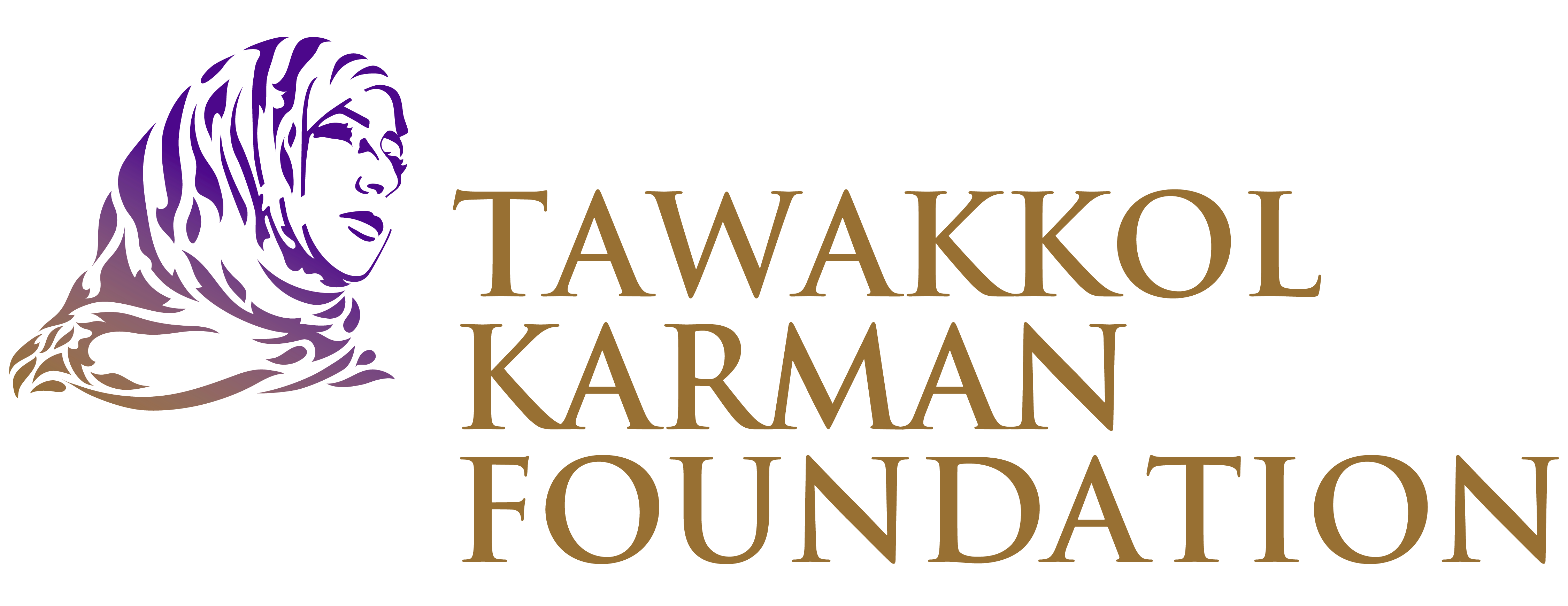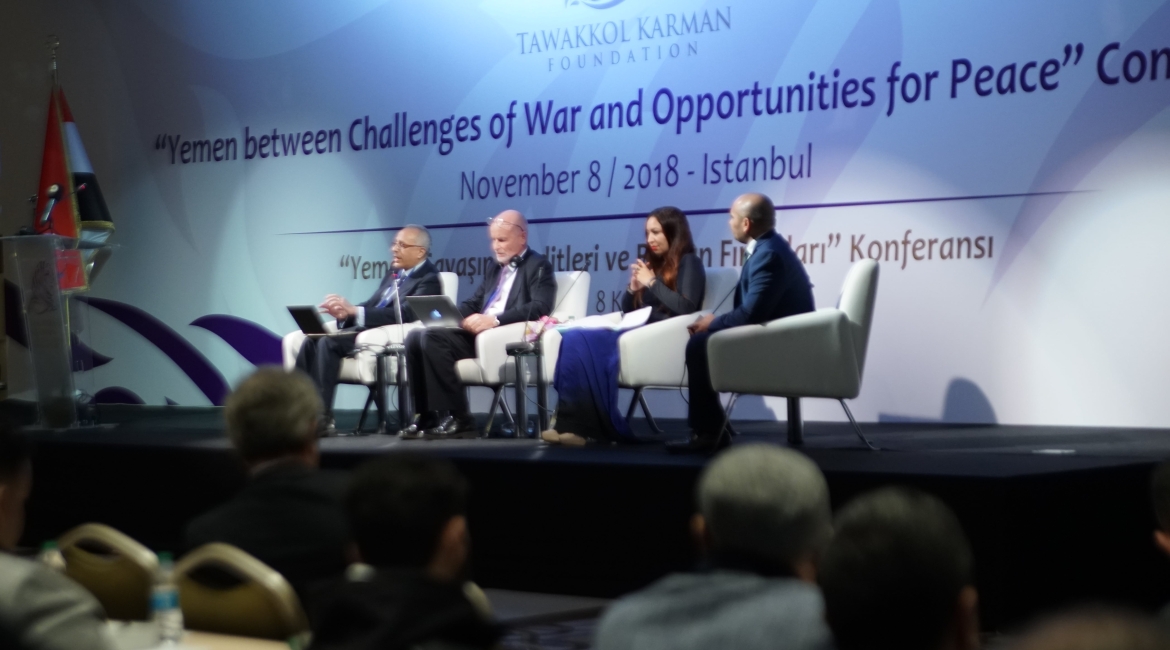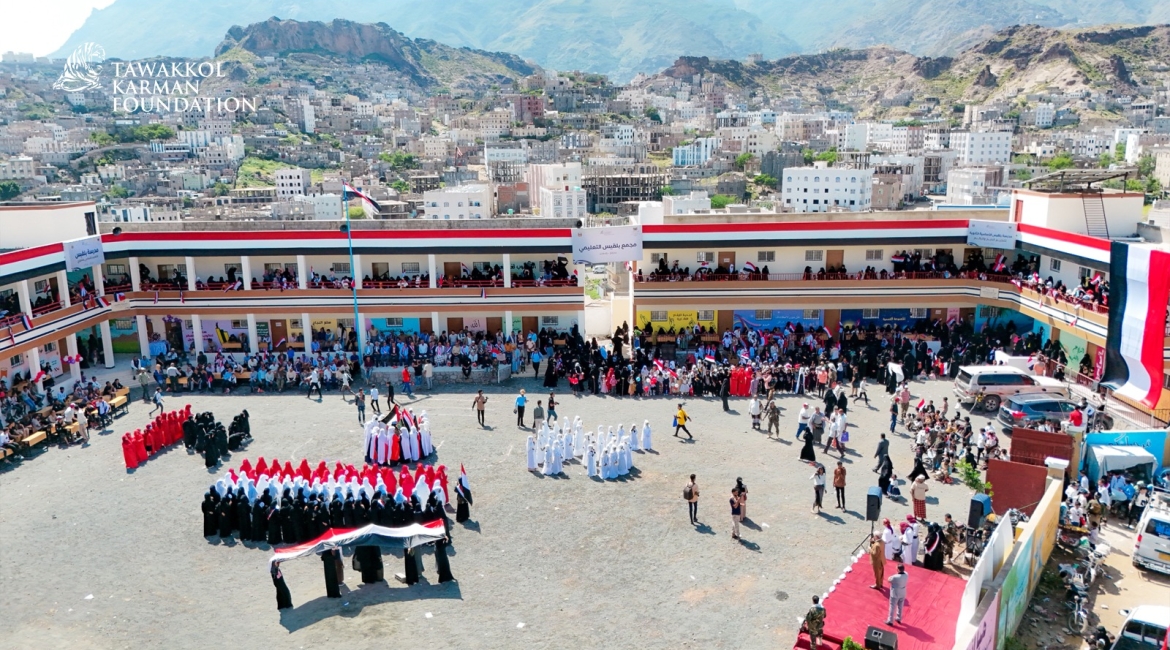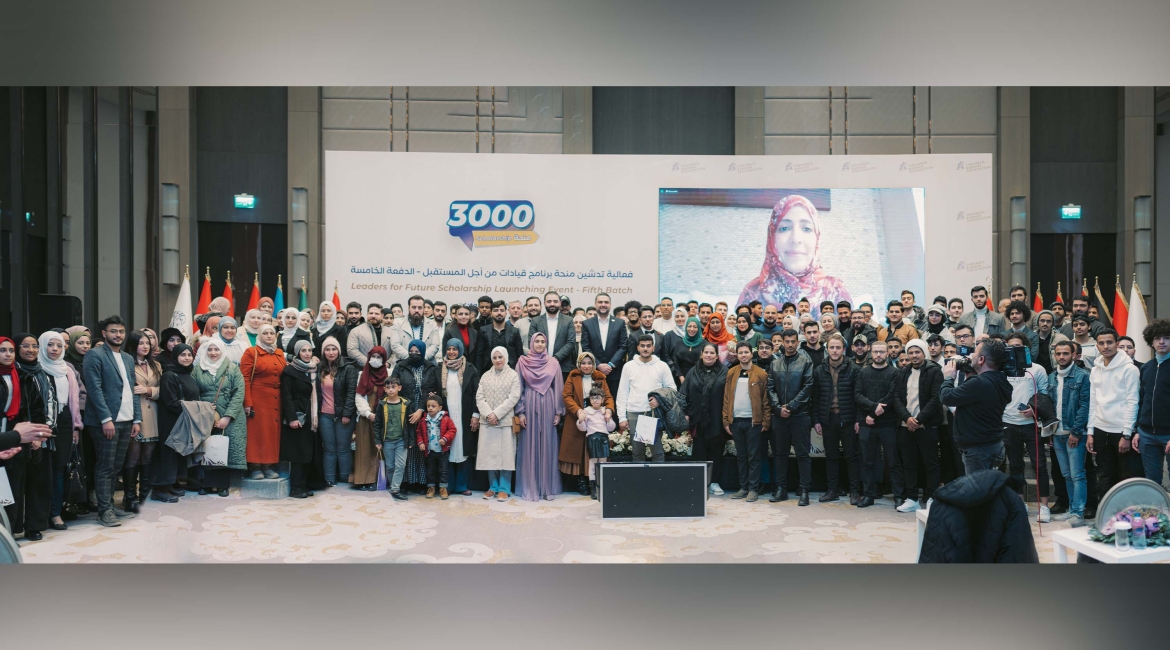Dr. Moncef Marzouki
Yemen Between Challenges of War and Opportunities for Peace
Tawakkol Karman
Yemen Between Challenges of War and Opportunities for Peace
Dr. Ayman Nour
Yemen Between Challenges of War and Opportunities for Peace
The Roots of the Conflict and the Causes of War
Peace and National Reconciliation
The War in Yemen & its Repercussions
Calls to Stop the Ongoing War in Yemen and to Withdraw Weapons from the Militia
The armed conflict erupted between the legitimate Yemeni government forces and the military coup militia “Houthis” at the end of the year 2014. The military coup was followed by the intervention of the Arab coalition led by Saudi Arabia in Yemen, which resulted in the killing and wounding of thousands of Yemeni civilians, including hundreds of children and women.
International reports indicated that at the end of 2018, 6,872 civilians were killed and 10,768 injured in the Saudi-led coalition’s airstrikes. In addition, the Houthi used banned antipersonnel landmines and artillery firing in Taiz and Aden. And the arbitrary arrest of civilians, who are placed in poor conditions by the parties to the conflict causing heavy losses to the civilian population.
The United Nations reported that there are about 2.3 million people currently displaced across Yemen, including more than half a million who fled the conflict in Al-Hudaydah Governorate in mid-2018. Moreover, the escalation of war and the decline in calls for peace left the country to face a humanitarian catastrophe that put about 14 million people, half of the Yemeni population, in the face of starvation.
In this regard, TKF organized a conference titled “Yemen Between the Challenges of War and Opportunities for Peace” on Thursday evening in Istanbul. A group of international and Yemeni researchers and activists participated in the conference that was led by the activist and Nobel Peace Prize laureate Ms. Tawakkol Karman.
The conference discussed working papers on the roots and causes of the conflict in Yemen, Yemen in the balance of regional warfare, the role of religious groups in conflict times, the humanitarian responsibility towards the humanitarian issue in Yemen, the work of international organizations in Yemen, and the future of national reconciliation considering international experiences.
The following is the statement issued by the conference:
The First Conference for Yemen, “Yemen between the Challenges of War and Opportunities for Peace”, on Thursday, October 8, 2018, in Istanbul, Sponsored by Tawakkol Karman Foundation (TKF).
The conference calls for responsible and well-planned steps to end the war in Yemen, restore peace, and protect the security and sovereignty of the country.
The international community needs to fulfill its responsibilities toward Yemen under the leadership of the United Nation, and adhere to the basic principles guiding future efforts to end the conflict in Yemen and establish lasting peace should be recognized:
Respect the sovereignty and territorial integrity of the Republic of Yemen. No proposed solution should affect its sovereignty and territorial integrity. This principle requires the Yemeni government to have full authority over political, economic, and security decisions, including regaining control of Yemeni ports, natural resources, and military and security forces.
1. Support the rule Yemeni state as the only guarantor of security and stability.
Anarchy, war, and non-state armed groups are a natural result of the absence of state rule and the weakening of its institutions. The first step in strengthening the Yemeni state is to grant it the only right to violence, which entails a zero-tolerance policy towards the presence or legitimacy of any non-state armed group. It is the only guarantee of lasting peace in post-war Yemen. Otherwise, peace will be very fragile, and a re-emergence of war will be inevitable, as it has been in the history of Yemen
2. The permanence of Justice: lasting peace goes beyond stopping the war
In reconciliation and restructuring efforts, accountability and compensation must be ensured. And a call for an international tribunal to investigate all the crimes committed by the parties to the conflict in Yemen both locally and internationally.
3. Improve the humanitarian situation through the following steps:
First: immediately lift the siege on Yemeni ports and airports and end the siege on the most densely populated governorate of Taiz in Yemen.
Second: Protect the city of Al-Hudaydah, which has a single working port for food and aid flows.
Third: Secure public officials' salaries according to the salary list before the coup of September 21, 2014.
Fourth: Improve the health care system and electrical energy sources.
Finally, grant an immediate release to all the political detainees arrested by the Houthi militia since September 2014, and the release of the ones arrested by or under the supervision of the Arab coalition, led by Saudi Arabia, or the UAE since its intervention in March 2015.
4. Constitution Referendum Draft followed by a general election.
Aiming to push the transitional process in Yemen forward, the National Conference results were accepted by all parties and sponsored by the international community must be fulfilled. The creation of a constitutional referendum under the supervision of the United Nations and the designated international organizations must begin with a constitutional referendum and presidential and parliamentary elections to achieve a peaceful and legitimate transfer of power.
5. Commitment to the “Reconstruction” project:
The countries involved in the conflict, and allies' countries in Yemen, must take all necessary steps to support the reconstruction process in Yemen.
Issued by the conference, Yemen, Between the Challenges of War and Opportunities for Peace, Istanbul, November 8, 2018.




